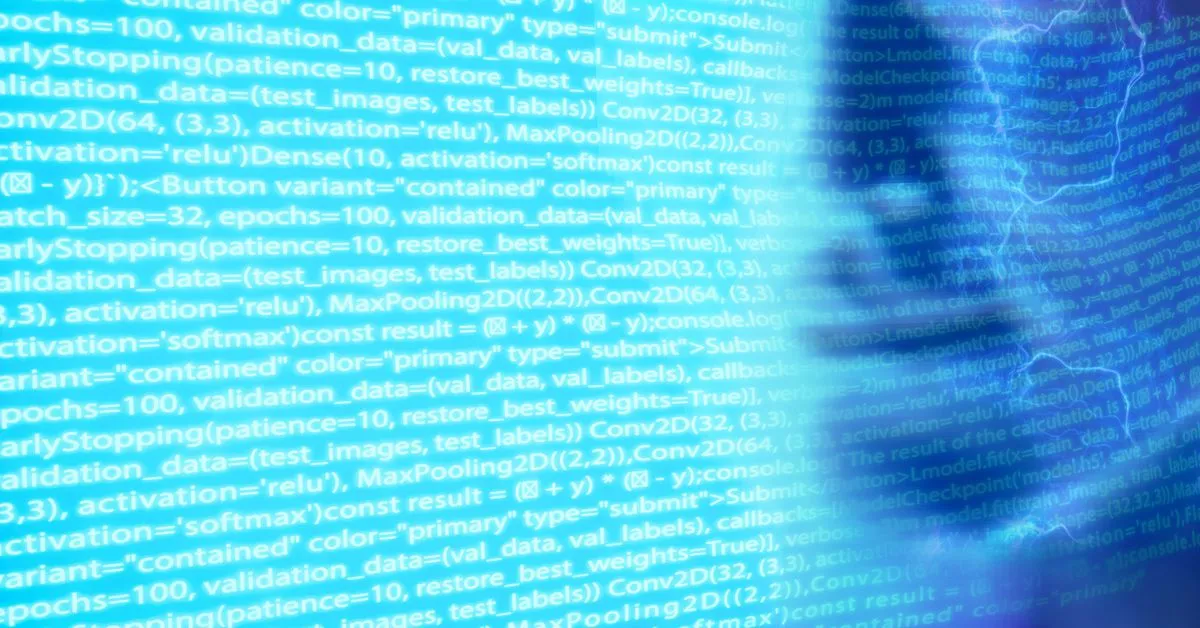ChatGPT is the fastest growing consumer application of all time according to research by banking giant UBS, highlighting the profound impact that artificial intelligence (AI) and related technologies have had on society. But with any promising new technology, AI also has the potential to harm. Could blockchain help meet some of these challenges? William Ogden Moore, a Research Analyst at Grayscale Investments, examines three key areas where blockchain and AI intersect.
Venture capitalists have invested $422 million in 2023 alone in crypto applications related to AI, privacy, and identity. Notable raises include Worldcoin, a verification and identity-based protocol that raised $115 million in a Series C round, and Auradine, an AI and privacy-focused web3 infrastructure solution that secured $81 million in Series A funding. Worldcoin, co-founded by OpenAI CEO Sam Altman, uses a blockchain-based proof of humanity system with retinal scans to authenticate human users. The company’s long-term goal is to combat the increasing presence of bots online and mitigate potential AI-related wealth inequality, and has already attracted 1.8 million sign-ups from dozens of countries.
Since ChatGPT reached the landmark of 100 million sign-ups in January 2023, $5.4 billion has been invested in AI startups worldwide. As AI systems develop, the accompanying challenges and solutions will also evolve, increasing the intersection and synergies between crypto and AI. Can blockchain technology harness AI’s potential to empower society, while also mitigating AI’s potential risks?
As AI and blockchain technology continue to develop, the potential for their intersection and synergy is growing. William Ogden Moore, a Research Analyst at Grayscale Investments, examines the potential for blockchain to help meet the challenges of AI, and the impact that ChatGPT and AI have had on society.
